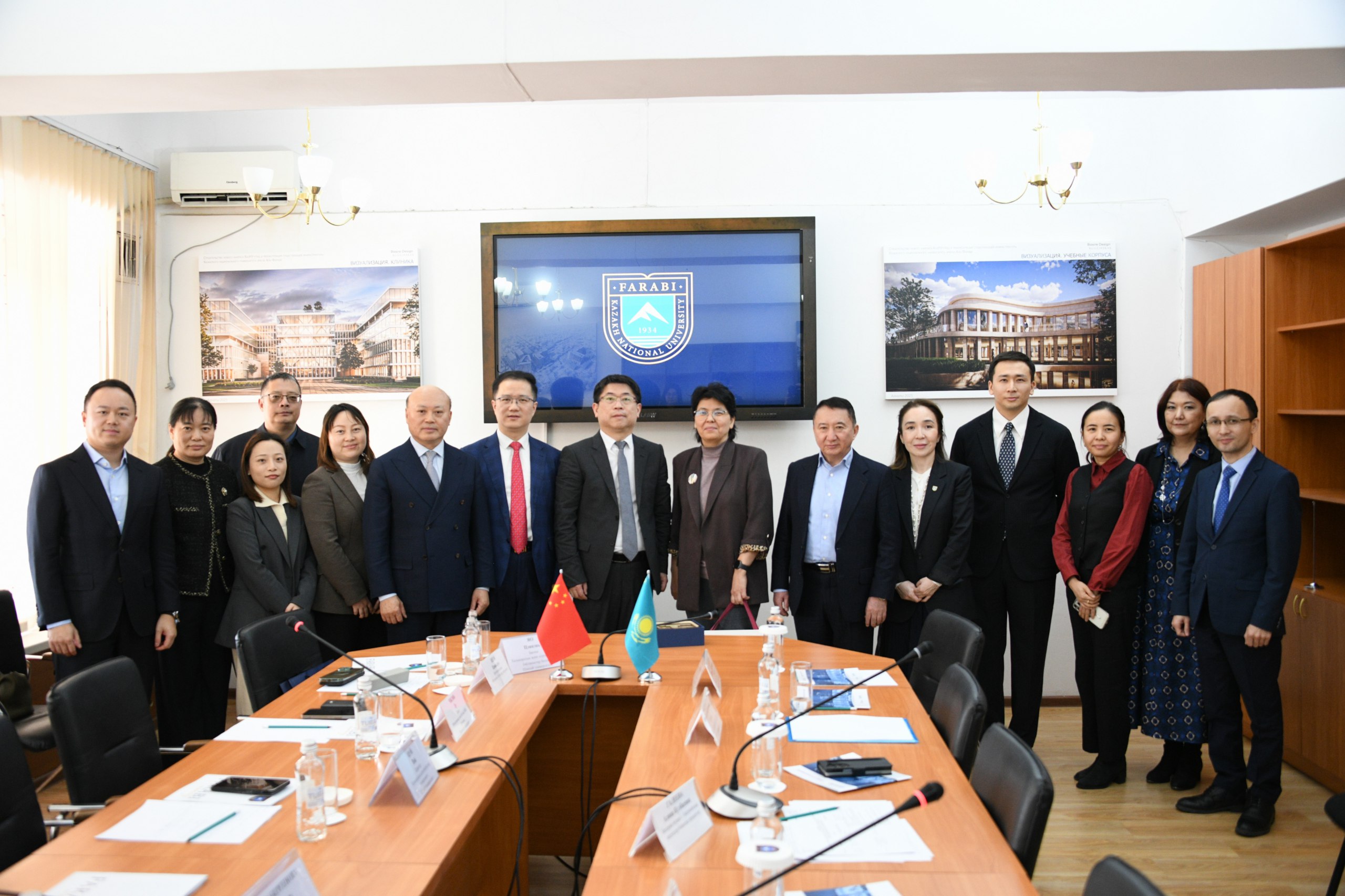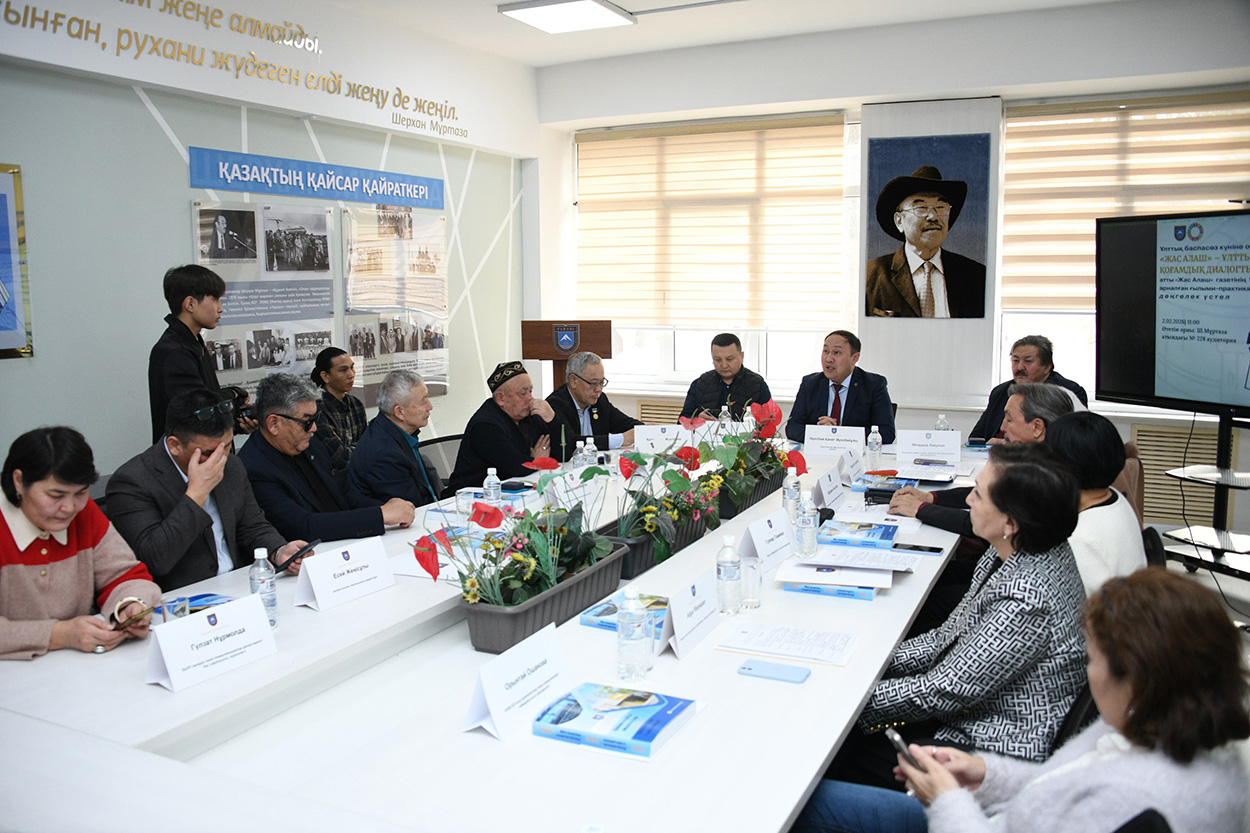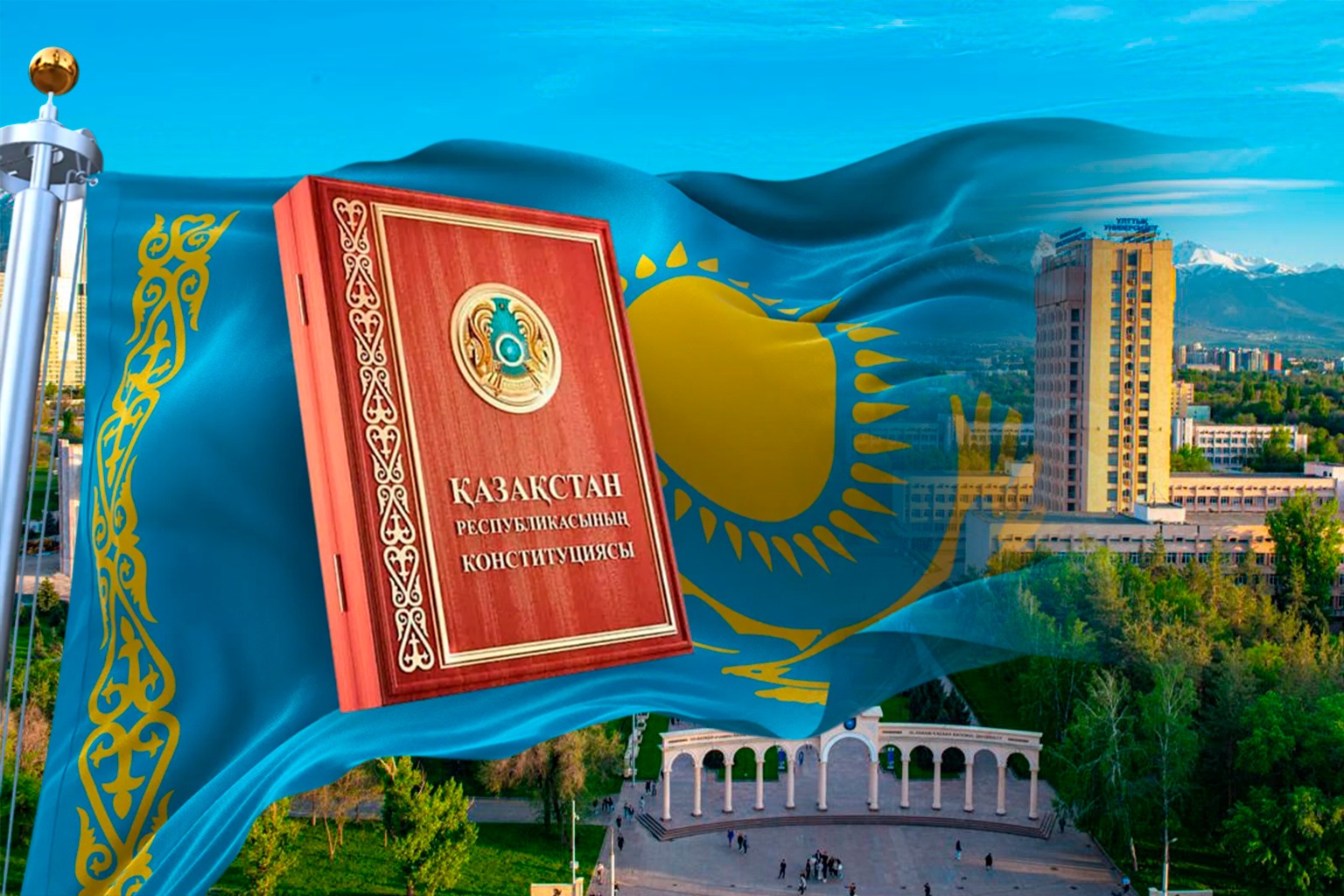- Main
- News
- KazNU Laboratory "Technology of Remote Sensing and their applications" has developed a proposal for the sustainable development of agriculture
KazNU Laboratory "Technology of Remote Sensing and their applications" has developed a proposal for the sustainable development of agriculture
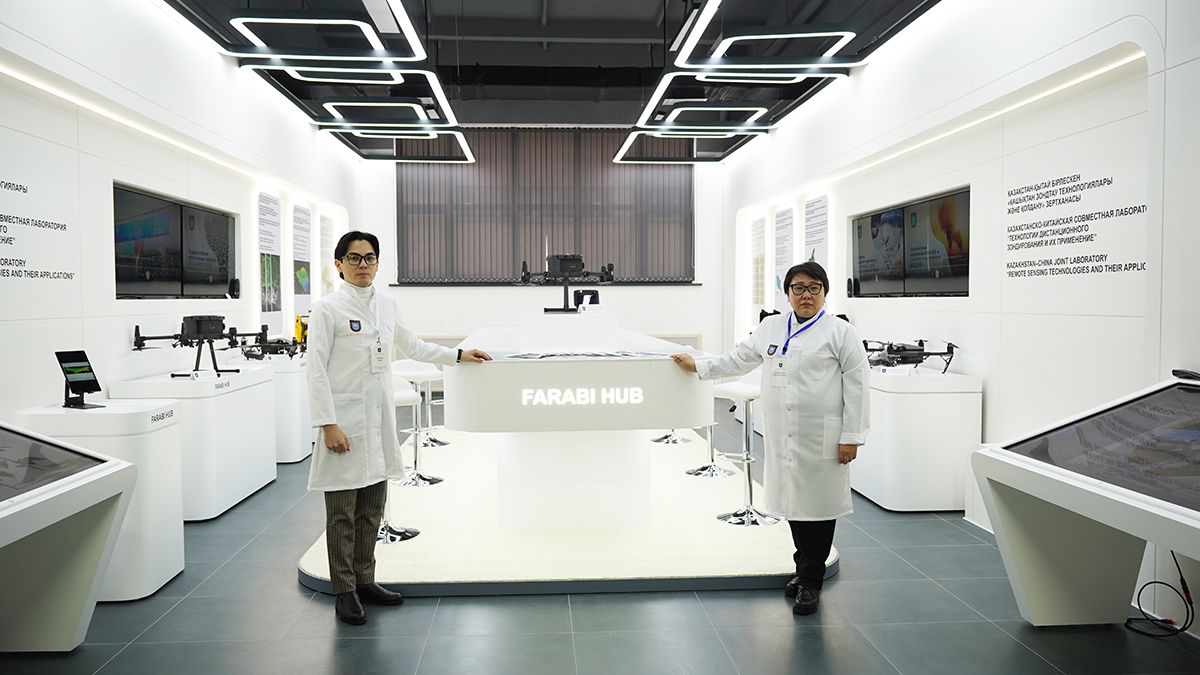
The Kazakh-Chinese joint laboratory "Technology and Application of Remote Sensing" aroused great interest at the forum "Integration of Science, Business and Production", organized by Al-Farabi Kazakh National University together with the Akimat of Almaty.
The Center began its work in March 2024 as part of a joint Kazakh-Chinese project in collaboration with the Institute of Ecology and Geography of the Chinese Academy of Sciences. The activities of this laboratory are aimed at a comprehensive study of climate and environmental changes in Central Asia, including such pressing issues as drought, land degradation, water scarcity and lowering the level of the Caspian Sea. A distinctive feature of the new laboratory is the use of modern satellite and geospatial analysis methods that integrate data from satellite imagery, ground measurements, and unmanned aerial vehicles. This multiplatform approach makes it possible to deeply explore the spatial and temporal dynamics of natural processes and identify key factors shaping the environmental situation. The laboratory's research team is already conducting predictive research, the results of which are intended to serve as a scientific basis for making strategic decisions in the field of environmental management.
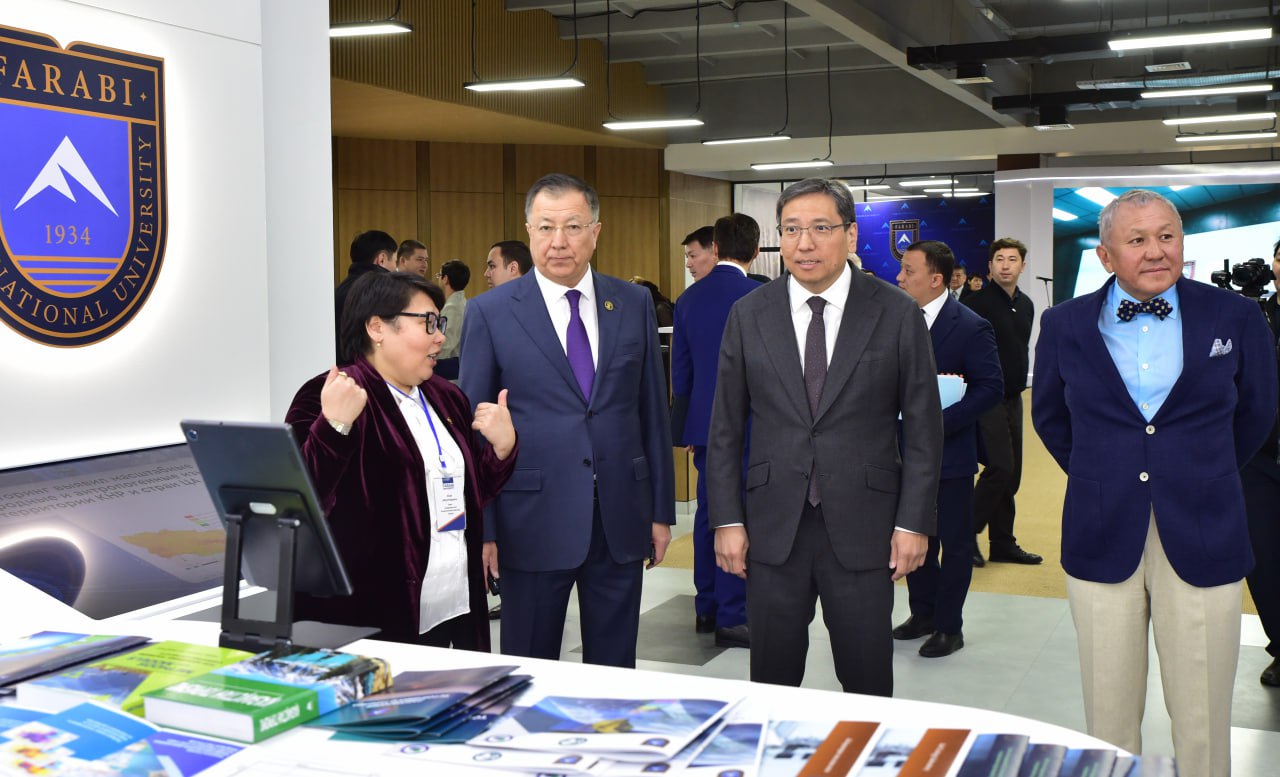
Today, Kazakhstan is facing many complex environmental and economic challenges that require systemic and comprehensive responses. Global climate change is one of the most important factors affecting all sectors of the economy. By 2050, it is predicted that the start of the growing season will be shifted by at least 10 days, and droughts and frosts will become more frequent. These processes will create serious obstacles for the agricultural sector, affect production volumes and require more rational use of water resources. At the same time, there is an urgent need to improve the quality of atmospheric air and restore polluted soils, especially in regions with intensive oil production. It is here that remote sensing technologies developed in the laboratory are able to provide prompt and accurate monitoring of the condition of agricultural land and landscapes, which directly affects the effectiveness of the measures taken.
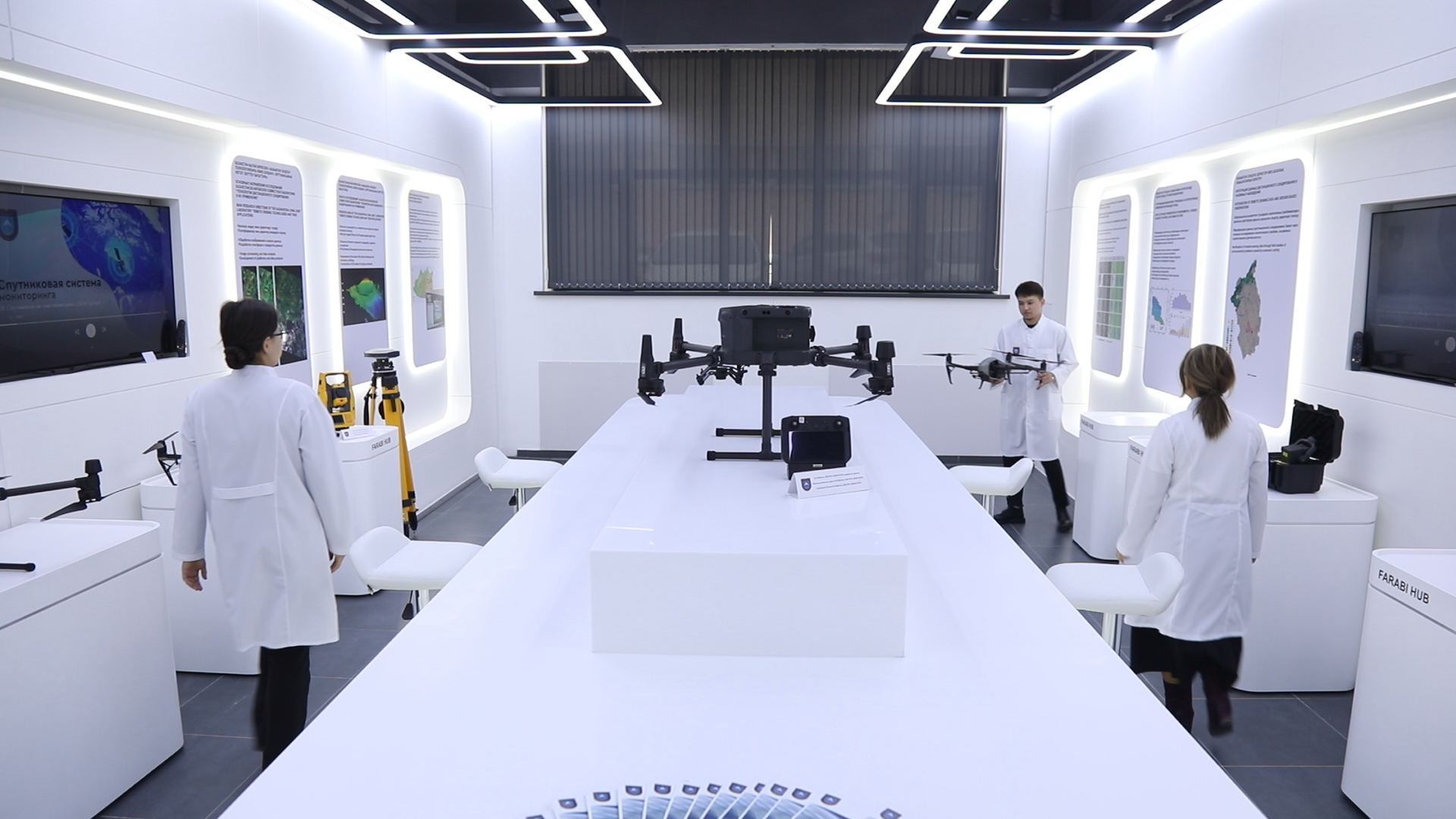
The scientific experience accumulated at al-Farabi Kazakh National University has been continued in an initiative coming directly from the laboratory: the project "Sustainable development of agriculture in arid territories of Kazakhstan". This project covers a range of advanced technologies, including drip irrigation systems, Groasis Waterbox devices, smart greenhouses, and controlled aquifer replenishment methods. In addition, it provides for the use of moisture-saving mixtures and the creation of automated systems for monitoring soil parameters, humidity and temperature.
"Scientists from the Faculties of Physics and Technology, Chemistry and Biology of KazNU have already successfully tested energy-saving greenhouses equipped with wireless monitoring modules that optimize water consumption and maintain a stable microclimate. These technologies combine "green" solutions for reliable energy supply, which is especially important in a sharply continental climate. The energy–saving greenhouse tested at KazNU on the principle of "Plant Factory" deserves special attention, which opens up new opportunities for growing vegetables, berries and other crops on a groundless basis – in a nutrient aqueous solution," said Aliya Aktymbaeva, Dean of the Faculty of Geography and Environmental Management at KazNU.
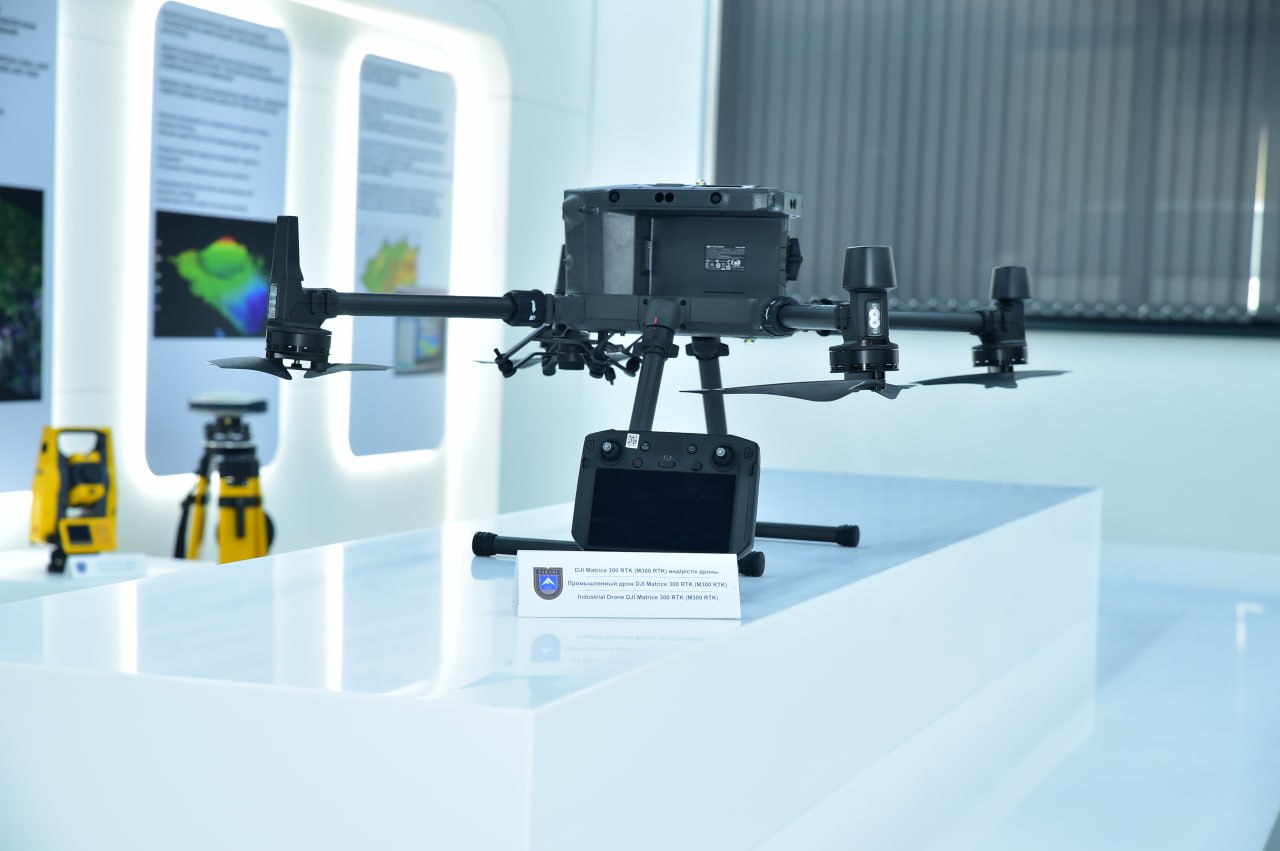
According to the Chairman of the Board, Rector Zhanseit Tuimebayev, due to the combination of these factors, the project "Sustainable development of agriculture in arid territories of Kazakhstan" demonstrates high efficiency: water consumption is reduced by an average of 30%, and productivity increases by 15-20%. At the same time, the further development and scaling of this initiative requires effective support at the state level. It is necessary to consolidate the efforts of relevant ministries, akimats, research centers and private businesses, identify regions for the implementation of pilot projects, provide a financial base and form an interdisciplinary working group of scientists, engineers, agronomists and economists.
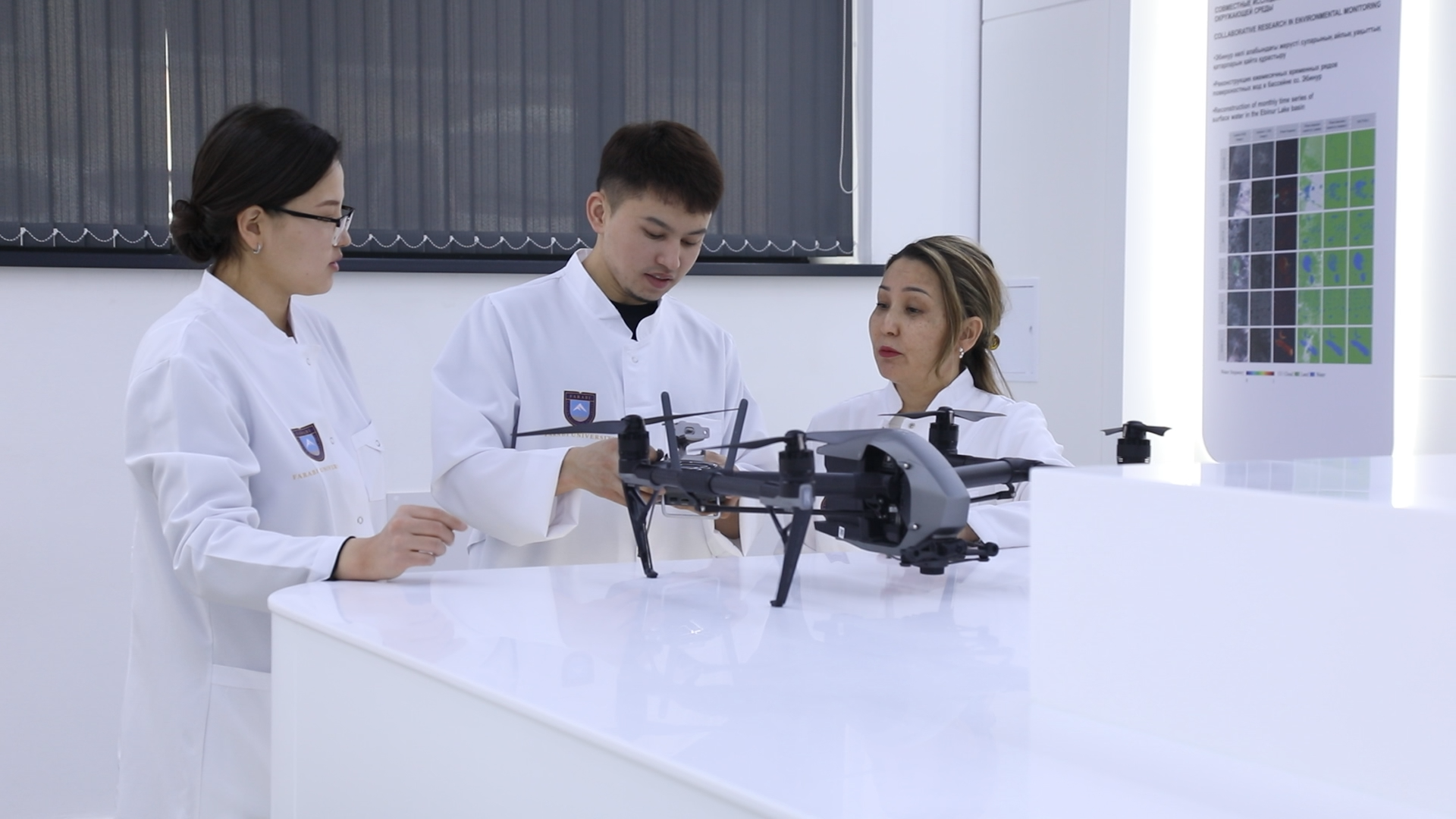 "Such an integrated approach will make it possible to bring domestic agriculture to a qualitatively new level in the shortest possible time, increase national food security and strengthen the international image of Kazakhstan as a state using science and innovation for a sustainable future.
"Such an integrated approach will make it possible to bring domestic agriculture to a qualitatively new level in the shortest possible time, increase national food security and strengthen the international image of Kazakhstan as a state using science and innovation for a sustainable future.

Al-Farabi Kazakh National University, relying on the experience and scientific expertise of the laboratory, is ready to present a detailed action plan for the launch of pilot sites and their scaling in arid regions of Kazakhstan. By combining the resources of the state, business and the scientific community, it is possible not only to effectively counter current environmental challenges, but also to lay a solid foundation for the further development of the country", - Zhanseit Tuimebayev said.
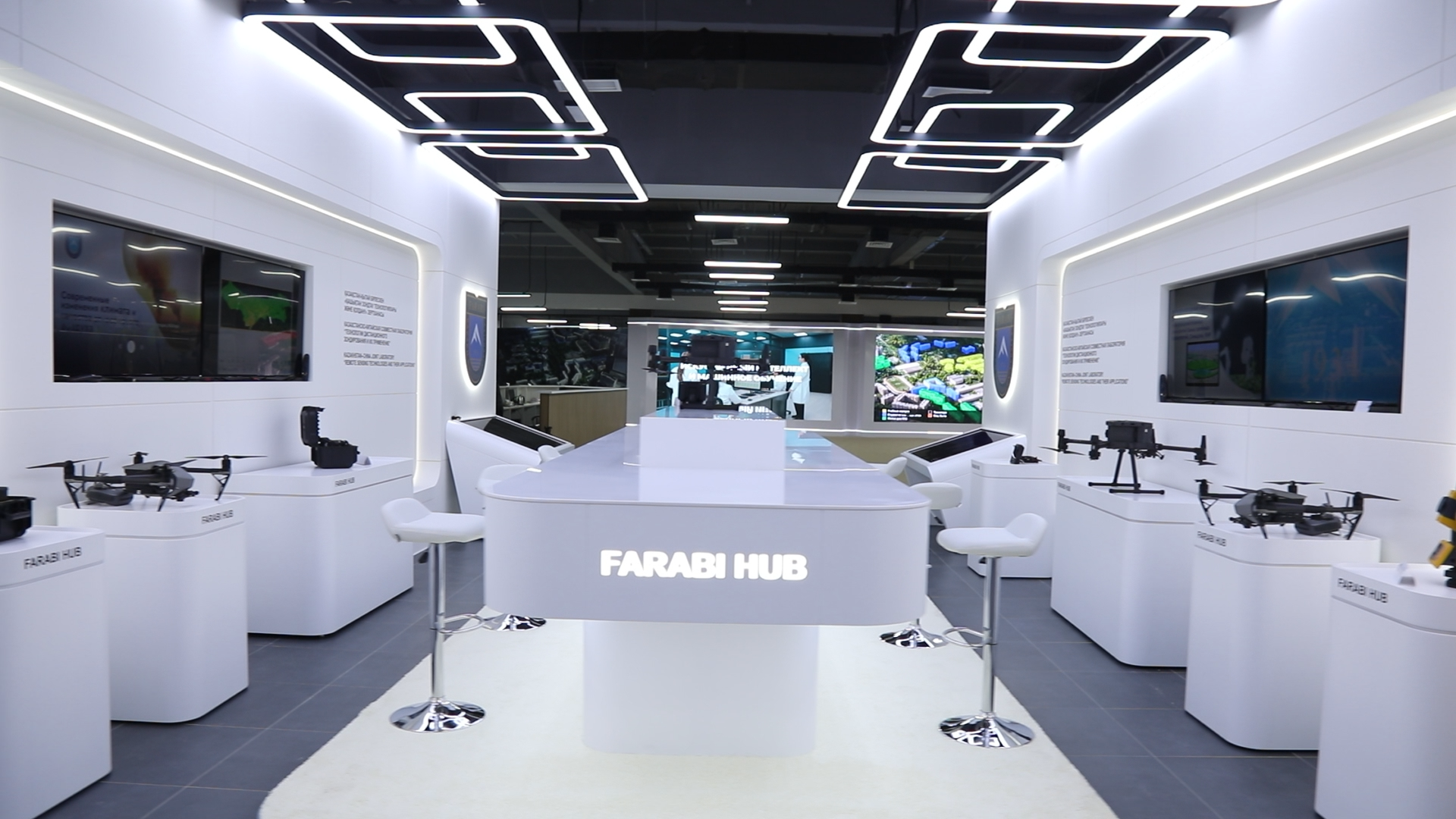
Press-service of Al-Farabi Kazakh National University
